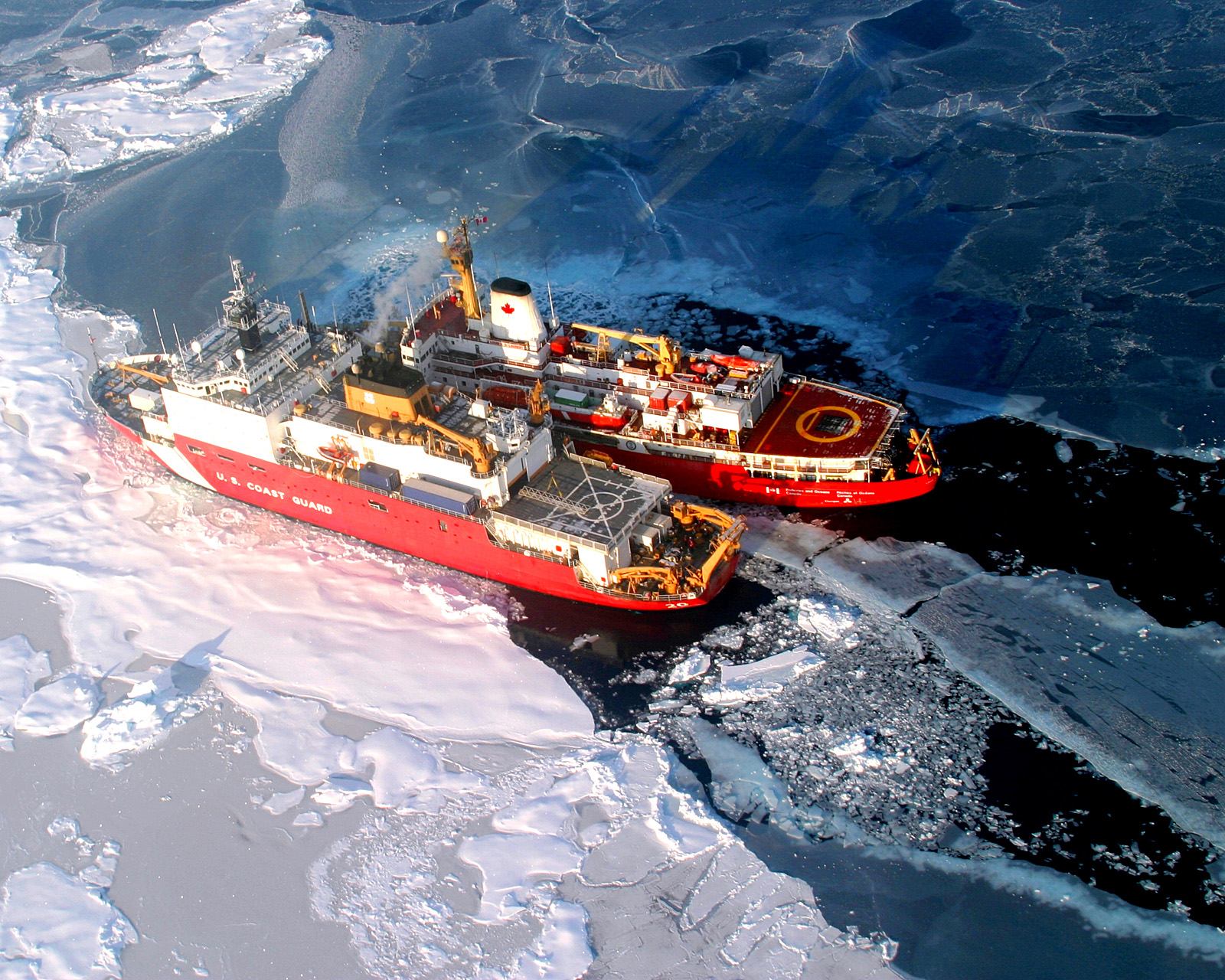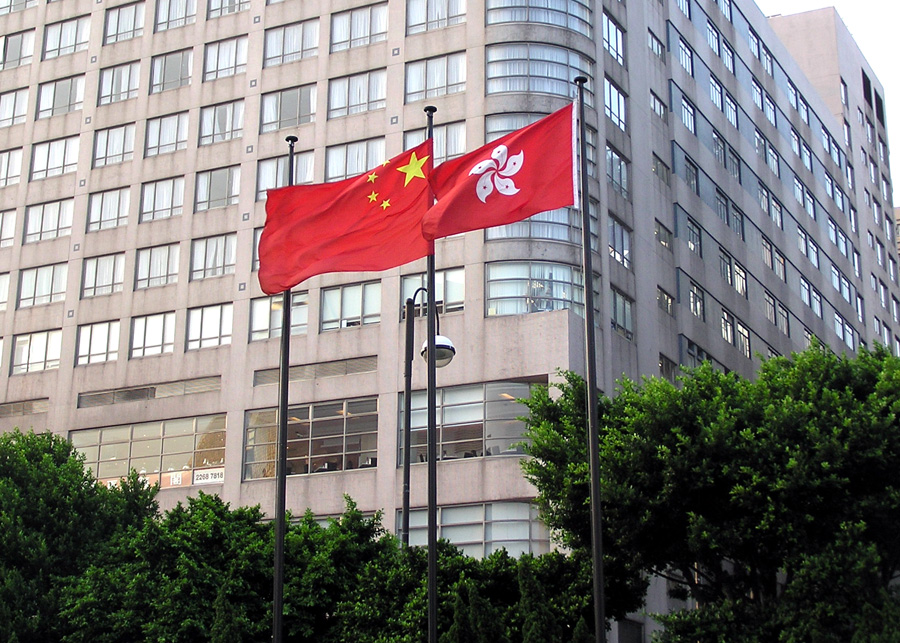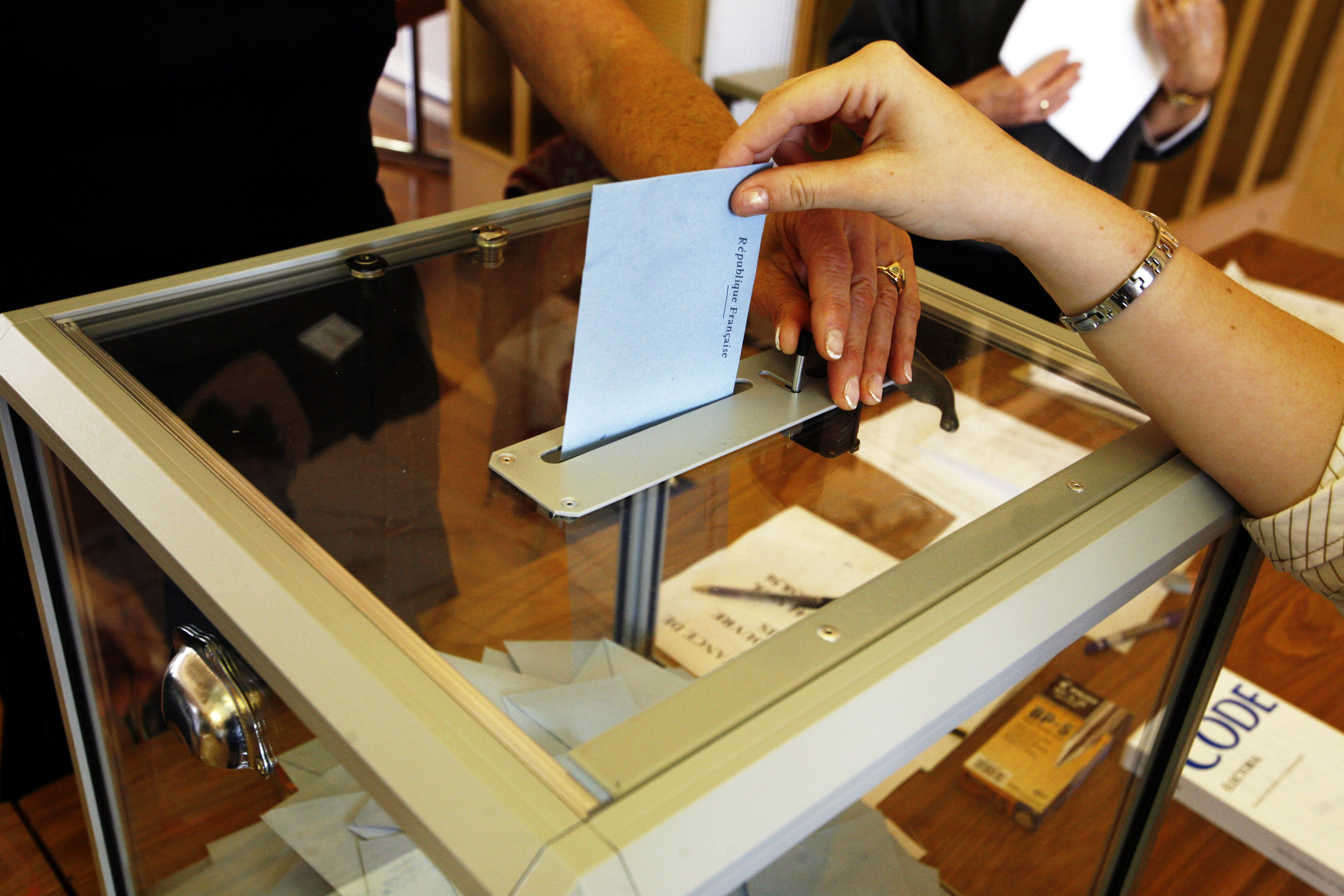Exploring how doing business in the Commonwealth profits your company: join us at “Business Opportunities in the Commonwealth.”
On August 8th, the NATO Council of Canada is set to host an event to explore opportunities that encourage business in the context of the Commonwealth, the “spiritual successor” of the British Empire. Speakers will address both Canadian and UK positions, though Canada and the UK come from different economic realities – one in NAFTA and the other in the European Union – their motives and interests at this point in time are similar: to respond to the shift in the global economy away from the West and towards Asia and other emerging markets and to actively diversify economic relations to mitigate the risks of economic crises. Concerning the latter, there are two complementary priorities in front of Canada and the United Kingdom: cooperation in the Arctic and the expansion of traditional economic relationships in the Commonwealth.
In the West, the economic stagnation that has followed the onset of the financial crisis in 2008 has been marked by high unemployment, negligible growth and the inability to reconcile systemic debt problems in the face of the European sovereign debt crisis and the rapidly growing U.S. debt, which the Obama administration has been unable to address. Nonetheless, some positive results have also occurred. East Asia has solidified as one of the gravitational centers of the global economy, which consequently offers important opportunities for business and growth. For Canada and the United Kingdom to truly benefit, this type of democratization of economic power in the world must be followed by the diversification of economic relations to maintain competitive economies. This can mitigate the socio-economic consequences of the financial crisis through the creation of new opportunities through trade and investment in emerging Commonwealth markets.
Cooperation in the Arctic
The Arctic has become an intersection of global interest with the recent accession of six additional observers to the Arctic Council, including China, India and Japan. The motivations for the interest in the region are many, from shipping, to the exploitation of valuable oil and gas resources, to fishing and freshwater. The Arctic has the clear benefit of reduced political risks that plague other resource-rich parts of the world (e.g. Iraq) for countries that depend on strategic resource imports from said politically volatile regions. In this context, Canada’s reorientation towards the North is entirely logical, because developing resources for export to emerging markets in Asia, along with the opportunity for shipping through the Northwest Passage not only hold an immense promise for the socio-economic development of the Canadian territories, but for Canada’s economy as a whole.
To further the policy of economic diversification. Ottawa should use its rotating chairmanship of the Arctic Council which extends to 2015 and set the tone of dialogue. This needs to include not only the engagement of new observer members, but also defining a broad framework for the management of the Arctic. This can only come once the unprecedented concentration of superpower interests in the region is recognized and with it, the recognition of the Arctic Council as the legitimate forum for working out competing interests. A rules-based order through the AC, using the United Nations membership of all members as a basis to build commonalities between interests and reduce tensions in the process is a political formula that can make Canada a regional leader, especially in areas of overarching concern, such as environmental protection and sustainable development. These are multilateral efforts in which Ottawa and London can be effective partners.
As a maritime country, the United Kingdom has traditionally relied on global sea lanes for political, economic and security reasons. The Arctic remains important to the United Kingdom for several reasons. First, if shipping becomes viable on a larger scale through the North Pole, the reality has the potential to re-arrange the shipping patterns of the northern hemisphere fundamentally, as transaction costs for goods going between the Far East, Europe and America would decrease significantly, even if the ability to use the northwestern and northeastern routes along the Canadian and Russian coasts might only be seasonal. Second, the resurgence of global interest in the Arctic – political, military and economic – makes it one of the focal points of global politics in this century. Political predictability is crucial for the common interests of Arctic security. In this respect, the UK can promote confidence-building politics through multilateralism with like-minded states, and Canada is a natural partner in this respect. Finally, because the UK is not a littoral country in the Arctic, the only practical way for London to access the region is through international institutions and these paths are primarily limited to the United Nations Convention on the Law Of the Sea and the Arctic Council. As an observer state to the Arctic Council, the UK can be instrumental in the multilateral engagement of the Arctic reality to meet its challenges and opportunities, and it is an opportunity that should not be wasted.
Expansion of Economic Relations: Commonwealth Trade
The diversification of Canada’s economic relations is indeed a policy, and a political fact, seen in the effects to implement a Canada-EU Free Trade Agreement, and in the Canada-China Investment Protection Agreement (a precursor to what could potentially turn into a free trade agreement in due time). Not too long ago, Prime Minister Stephen Harper also traveled to South America to negotiate a nascent agreement with Chile on immigration and beef exports. Through these developments, Canada is employing a pragmatic policy of economic diversification, but there is perhaps only one criticism that can be made: long-term over reliance on the U.S. market exposed Canada to its volatility risks for too long and these steps for diversifying trade relationships should have been taken years earlier.
In addition to free-trade agreements, with new countries and increased engagement with the Arctic, Canada and the UK should look to existing relationships with other Commonwealth countries. Today, the Commonwealth preserves the political-economic connections of the British Empire and enhances them with access to integrated markets like the United States and Europe, but also makes old relationships new again – notably that with India.
For reasons of brevity, this part of the article will focus on one concrete Canadian example out of several possible UK and Canadian cases: Bombardier’s successful participation in India, to show how the expansion of existing links in the Commonwealth is of core economic interest to Canada and the United Kingdom. Bombardier is a Canadian company that manufactures airplanes and trains of various classes for diverse uses, and it is the only company in the world with such a portfolio. Based out of Montreal, Bombardier has a robust international business and its engagement with India includes extensive involvement with both rail and air transportation. Perhaps the best example is the New Delhi Metro, which is one of Bombardier’s long-term projects in the country. In addition, the company also operates an infrastructure of research, production and maintenance facilities around India on a sustained basis. Bombardier’s presence in India is a great example in that inter-Commonwealth economic relationships are not only a reality, but are also mutually profitable.
To advance this, agreements by sector between business associations and multinational companies in Commonwealth member states should be made politically feasible through agreements on joint projects and through the equalization of certain standards, such as those governing labour and manufacturing quality. Furthermore, the establishment of long-term political cooperation through memoranda of understanding, bilateral agreements or similar vehicles that secure the political commitment to economic cooperation is an important foundation and backdrop for the predictability of business relations and investor confidence. Steps like these are what will ensure that Canada and the UK benefit as much as possible from traditional and emerging links in the context of the Commonwealth.




